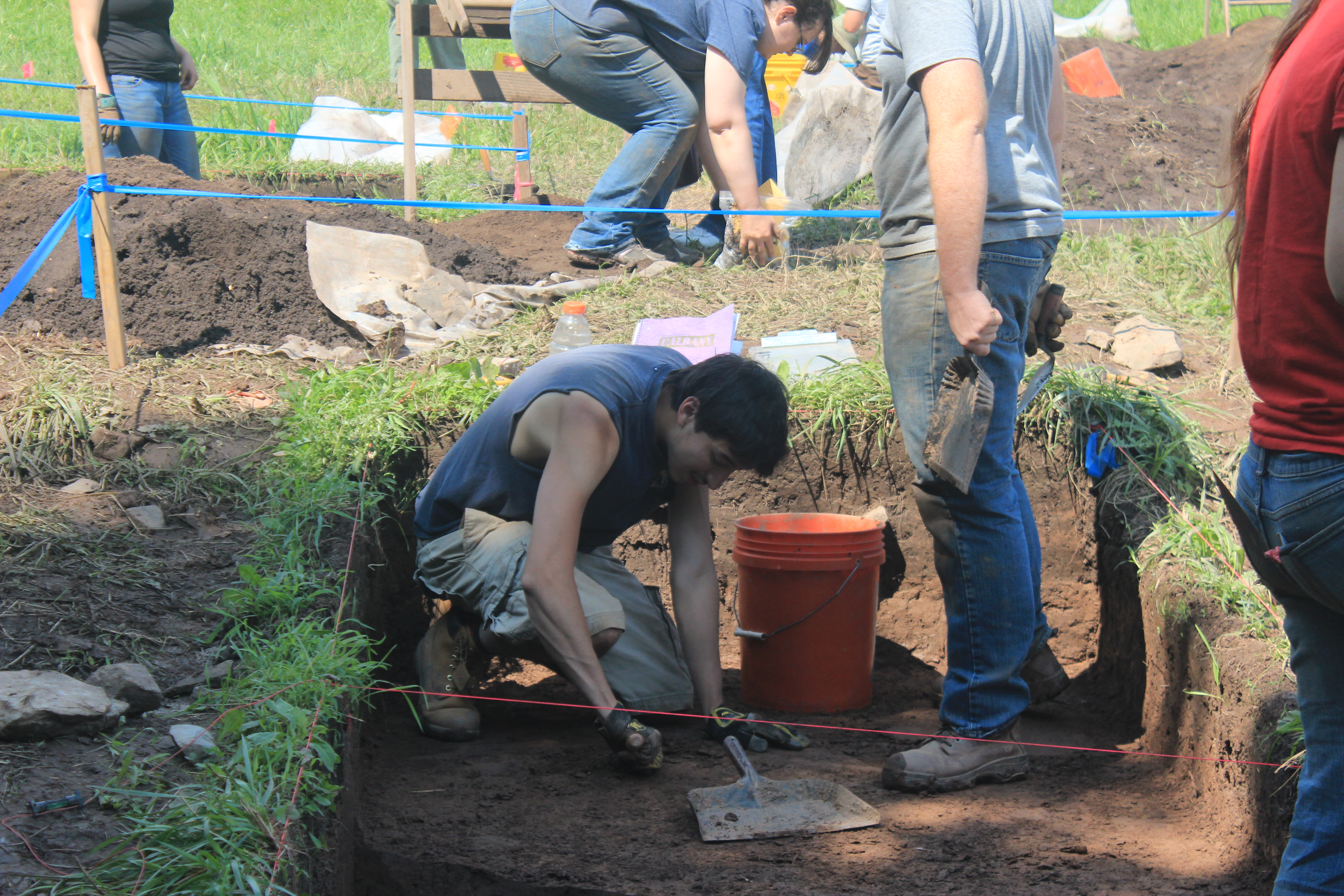Departmental Assistantship Consideration
- Fall: January 15
- Spring: Not Available
- Summer: Not Available
No Departmental Assistantship Consideration
- Fall: Rolling
- Spring: November 1
- Summer: Not Available
- Transcripts from all schools attended
- Three letters of recommendation
- Official GRE scores*
- Statement of goals
- Writing Sample
*The GRE exam requirement is being waived through Fall 2024.
Available information for International Applicants
This program offers an internship, field experience, study abroad component, or clinical experience in the course listing as an option to fulfill course requirements. Students who have previously been convicted of a felony are advised that their prior criminal history may impede their ability to complete the requirements of certain academic programs and/or to meet licensure requirements for certain professions. If applicants have concerns about this matter please contact the Dean’s Office of the intended academic program.






